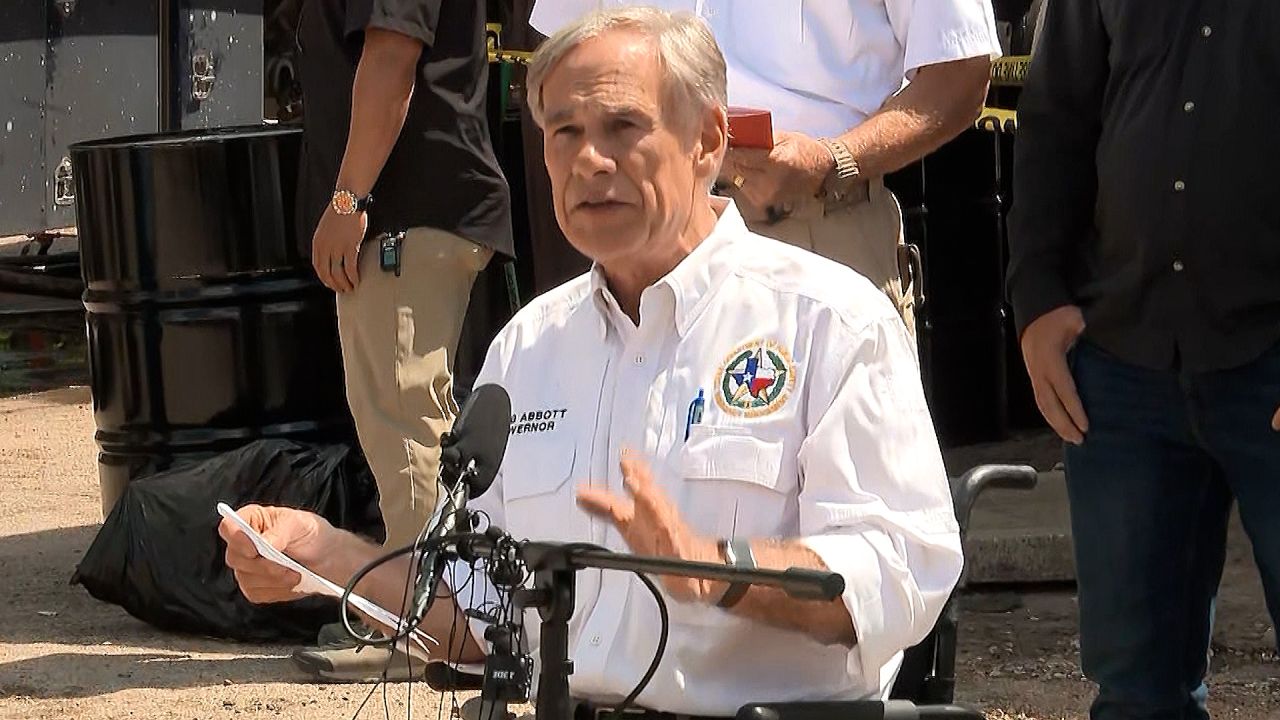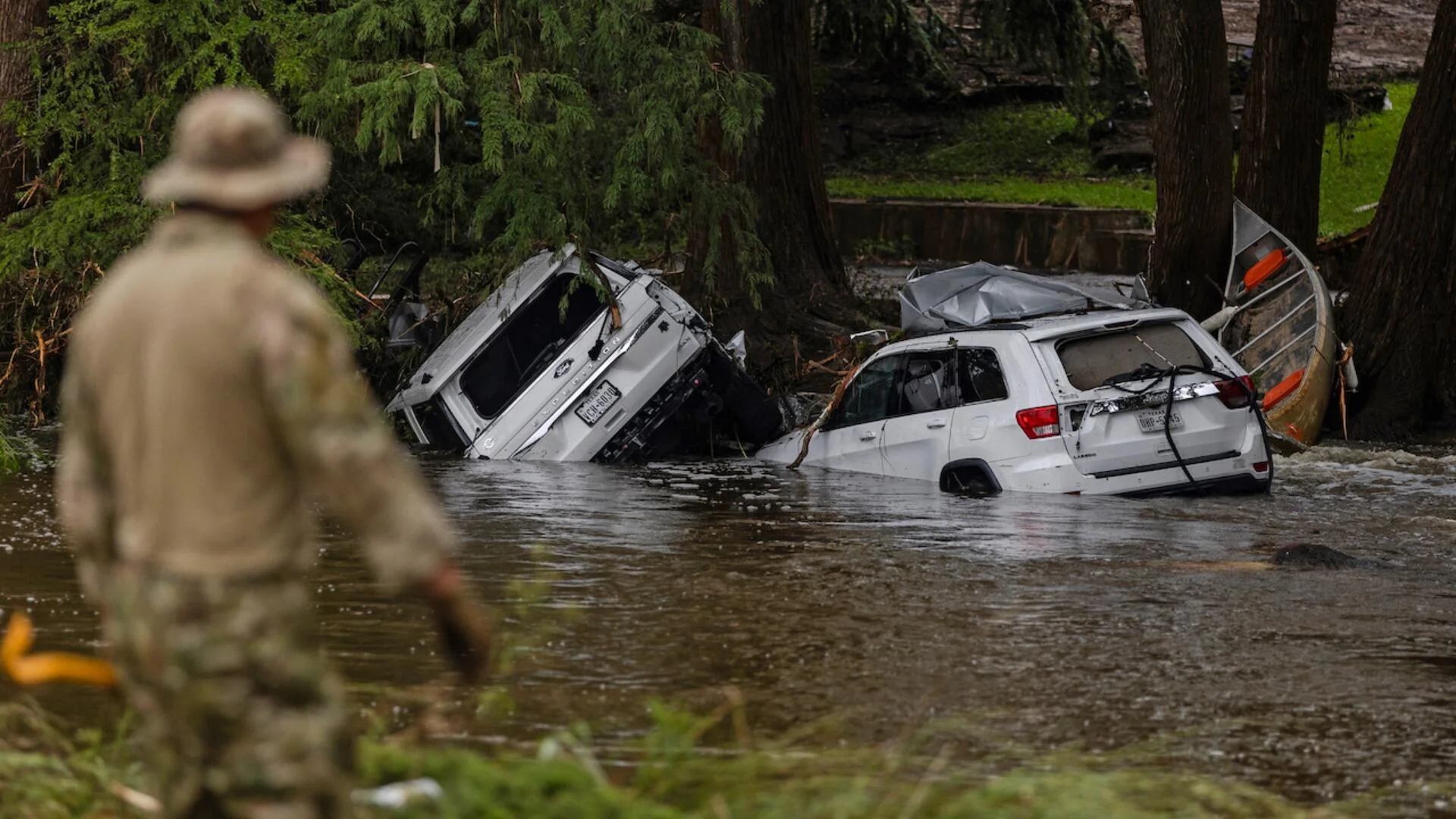The Federal Emergency Management Agency faces a crisis of accountability as nearly two-thirds of calls to its disaster assistance line went unanswered following catastrophic floods in Central Texas that claimed over 120 lives. Documents reviewed by The New York Times reveal that FEMA"s failure to respond was exacerbated by the recent termination of hundreds of contractors just days before this disaster hit. This shocking lack of preparedness raises urgent questions about the agency"s management and the consequences for those desperately seeking aid.
Contractor Layoffs Cause Call Center Collapse
On July 5, FEMA fired hundreds of contractors at its call centers, a move that left the agency woefully understaffed during a time of unprecedented demand for assistance. According to a source briefed on the internal matters, this decision was made without consideration for the looming disaster, leading to chaos when survivors attempted to reach out for help. The Department of Homeland Security, under the leadership of Secretary Kristi Noem, failed to renew these critical contracts until July 10, leaving desperate Texans with nowhere to turn.
Government Accountability in Question
This incident shines a light on the broader issue of governmental accountability in disaster response. As reported by GovExec, FEMA has been operating at only 65% of its capacity, with staffing shortages hampering its ability to effectively manage disasters. The aftermath of this negligence not only jeopardizes lives but also undermines trust in a system that is supposed to protect and serve the most vulnerable among us.

Listen to Gov. Greg Abbott respond to how Texas prepared for floods
Impacts on Marginalized Communities
The lack of response from FEMA disproportionately harms marginalized communities, who often face the brunt of climate disasters. Low-income families and individuals without access to resources are left to fend for themselves in the wake of destruction. Survivors of the flooding, many of whom have lost their homes and livelihoods, are left with a meager one-time payment of $750 to cover their immediate needs. This paltry sum does little to alleviate the suffering caused by the floods, highlighting the systemic inequities that plague disaster response efforts.
Historical Context of FEMA"s Failures
The recent floods echo the failures seen during Hurricane Katrina, which prompted the Post-Katrina Emergency Management Reform Act of 2006. Despite reforms intended to enhance FEMA"s responsiveness, the agency"s mismanagement continues to put lives at risk. The same issues of staffing, resource allocation, and bureaucratic delays persist, as evidenced by the current crisis. According to FEMA’s own reports, the agency’s preparedness remains inadequate, raising alarms about its ability to respond to future climate-related disasters.

What makes central Texas" flash flood alley so dangerous?
Urgent Need for Reform and Accountability
The lack of accountability from federal agencies like FEMA underscores the urgent need for comprehensive reform in disaster response policy. As climate change continues to exacerbate the frequency and severity of natural disasters, it is crucial that we prioritize the needs of vulnerable communities and ensure that resources are adequately allocated to those most in need. The failure to do so not only endangers lives but also perpetuates a cycle of injustice that must be broken.



![[Video] Gunfire between Iraqi security forces and Sadr militias in Baghdad](/_next/image?url=%2Fapi%2Fimage%2Fthumbnails%2Fthumbnail-1768343508874-4redb-thumbnail.jpg&w=3840&q=75)
